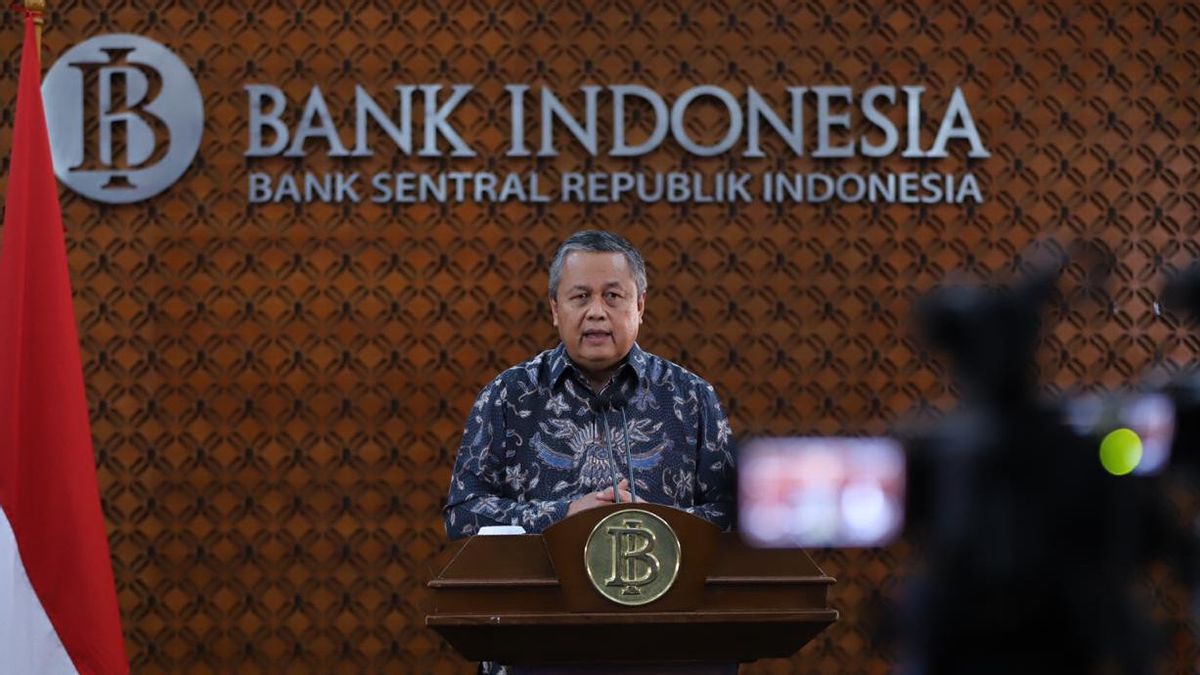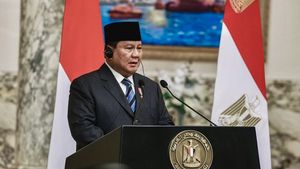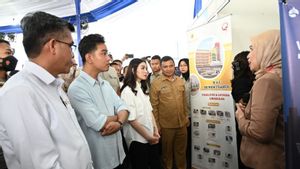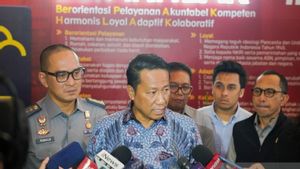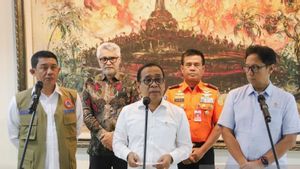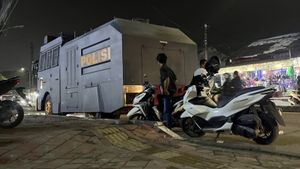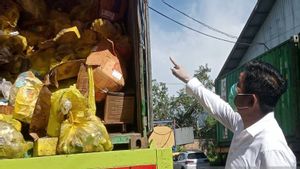JAKARTA - The Indonesian government plans to issue debt securities in the form of sovereign debt securities (SUN), state sharia securities (SBSN) and global bonds. This was done to increase liquidity in handling the impact of the domestic coronavirus or COVID-19 pandemic.
As is known, President Joko Widodo (Jokowi) has issued a Government Regulation in Lieu of Law (Perppu) Number 1/2020. Under the regulation, Bank Indonesia (BI) as the last resort can purchase these debt securities from the primary market. However, BI will do this if it is not absorbed by the domestic and global markets.
Governor of Bank Indonesia Perry Warjiyo also repeatedly emphasized that the scheme issued by the government would not make Indonesia repeat the case of Bank Indonesia liquidity assistance, known as BLBI.
As is known, the BLBI case occurred after the 1997-1998 crisis in which the central bank implemented a liquidity assistance scheme for systemic banks that were experiencing problems. The disbursement of funds issued by BI at that time amounted to Rp144.5 trillion, which was given to 48 banks that were hit by massive withdrawals following the monetary crisis.
BLBI recipient bank shareholders had to return it with a number of schemes. However, until 2007, many BLBI debtors had not paid their obligations. In fact, the results of an investigative audit by the Supreme Audit Agency (BPK) in 2008 also showed irregularities in BLBI distribution and negligence that caused state losses of Rp. 138.4 trillion.
"Please don't interpret this as a bailout, please don't interpret this as a BLBI. This is not a BLBI. How can the fiscal deficit be financed with existing government funds and budget relocation, until the issuance of SUN and SBSN. BI as the last resort and we coordinate very closely. so that the basis of fiscal and monetary financing remains prudent, "he said, in a video conference with journalists, in Jakarta, Thursday, April 2.
Perry emphasized that the central bank will maintain governance through coordination with the Financial System Stability Committee (KSSK), which consists of four institutions, namely BI, LPS, OJK and the Ministry of Finance.
"So that there is a check and balance in decision making. We do this as a precaution from the beginning or as a precautionary step," he said.
In addition, Perry assessed that the crisis conditions in 1998 and 2008 were also different from the current spread of the COVID-19 pandemic. Especially the condition of the capital and the soundness of the assets of the financial services industry.
Perry explained that at one time the market was no longer possible to absorb, because it could cause interest rates on debt securities to increase irrationally high. In this condition, BI entered to buy. This scheme has never been implemented by BI before, because it will cause an increase in the money supply and have an impact on inflation.
According to Perry, this choice was prepared because the conditions currently occurring were considered abnormal. Even so, he ensured that the purchase of debt securities by BI was the last option, if needed.
After conditions return to normal and the market has the capacity to give, said Perry, BI will again leave the option of buying debt securities in the primary market.
"We will do it again in the secondary market, to stabilize the rupiah exchange rate," he explained.
Perry believes that with the steps taken by the central and regional governments, namely in the form of wider social restrictions, it is hoped that the spread of the COVID-19 outbreak can be further reduced so that health costs can be controlled.
"So do not be confused with BLBI. Here BI is the last resort for the fiscal deficit and there is coordination of four institutions, we both maintain economic health," he said.
The English, Chinese, Japanese, Arabic, and French versions are automatically generated by the AI. So there may still be inaccuracies in translating, please always see Indonesian as our main language. (system supported by DigitalSiber.id)
